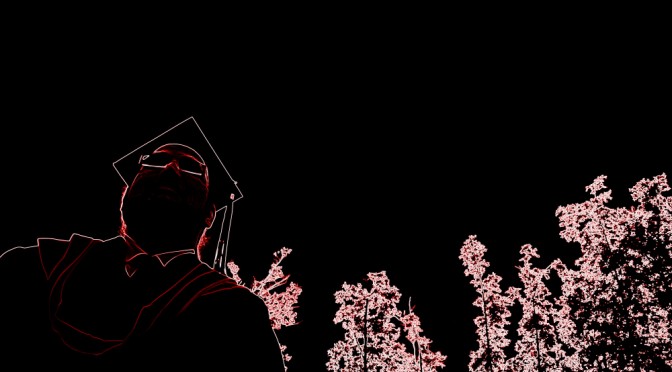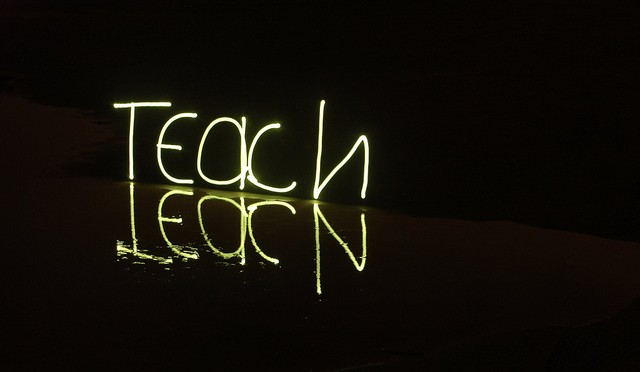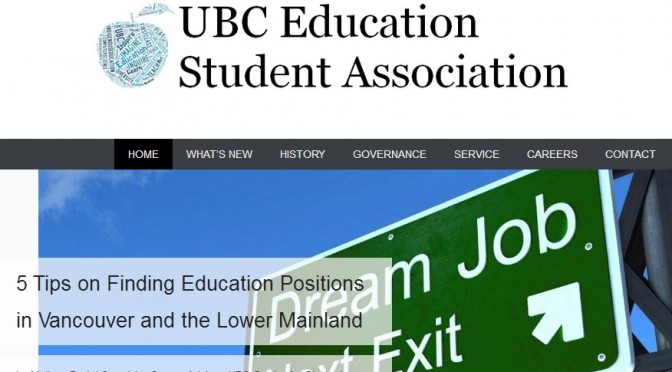Category Archives: Thoughts
Protected: Corner of Main
Book p|review: Reconstructing the Curriculum
I’ve been trying out the term “reconstructed narrative” for awhile now in building social studies curricula, so the title stood out as having interest to me right away on the New Books shelf at UBC’s Education Library. This book is the classic academic all-small type, no pictures. The writing is often convoluted and off-topic and not particularly compelling in arguing for reconstructing curriculum in any practical applications. Much ground has already been covered, such as delinearized history, ‘mapping’ internal and external factors in education reform, and whether ‘science can determine truth from falsehood’.
The book is a collaboration between three authors with very different approaches, if their dedication is any indicator. One author dedicates the book to their wife, a “most natural teacher”, another to “three dozen researchers”, and the last to Allah. At times the writing style itself is disjointed and incoherent, though at least this remains consistent throughout the entire work. It seems the authors write in a kind of academic English dialect that is not altogether straightforward.
I did find an interesting table on pages 128-129 which weakly attempts to structure “natural processes” into two categories, “Nature (ie, real)” and “Artificial (ie, Aphenomenal)”, although the descriptors in either column don’t seem to carry any meaning to either category:
Nature | Artificial
Complex | Simple
Infinite | Finite
Intangible | Tangible
Open System | Closed System
and perhaps the most disturbing…
True | False
The authors link historical acceptance of theory (“static universe, (supported by Einstein – 50 years”, p 132) to a chapter on “sustainability and change in curriculum”, and give lengthily reviews of colonial master narratives without delving into ecological theory discussions.
Overall I’m most disappointed in this work and do not recommend it. Perhaps it is most useful for what not to do in future academic publications.
Two Degrees
Two Degrees
As two degrees are required to gain certification to teach in BC, this video marks the first major checkpoint in earning my first degree, as well as chronicling the academic encounter within my relationship.
I attempt to give a context of the personal meaning and academic studies in earning a Bachelor of Arts degree in a domestic partnership, and provide an enhanced artifact-alternative to the typical static family portrait on graduation day.
We are proud of our accomplishments and learning through adversity in life, and believe we should truly value our higher education for the transformative and uplifting experience it is for its own sake, regardless of any financial outcomes. That being said, in this video I also challenge the silence around difficulties in financing a degree. I also broach the subject of politics and business in the modern university designation, including institutionalized alienation and academic recognition, which usually includes a financial award for earning top grades.
Originally I included our transcript with grades for the viewer to consider the merit of the traditional grading system, including showing our family our failed and re-taken courses as well as our ‘best’ classes. We decided not to include the grades so the viewer may appreciate the subjects of study which encompasses the full qualification of our two degrees.
Best enjoyed full-screen with sound.
Reflection Tips
Luckily for us, UBC provides two models for reflection which I think are useful to remember for students and teachers alike. These are posted below for reference.
_______________________
Reflection Tips
The following two frameworks can assist you with your reflections:
1. STAR-L, Situation, Task, Action, Result and Lessons Learned
- Situation-the context in which the material occurred.
- Task-What was required of you in this situation?
- Action-The steps that you took to respond this task.
- Result-The outcome of your actions. How did your actions contribute to the completion of the task?
- Learned-What you have learned from the experience?
2. What? So What? Now What?
- What? Describe context and details of the experience.
- So what? Explain the significance of the experience in relation to your own practice.
- Now what? Explain how you will continue personal or professional growth in this area.
Strategy #1: The Four Rs
Four Rs (Cloward, Hawkins, & Black, 2003)
Think of a sample that you would include in your portfolio. Address the following four components in your reflection:
- Report: addresses fundamental characteristics of the sample. What is it? When was it created or used? Who was involved? Where was it used?
- Reflect: This addresses issues of purpose and intent, from a personal and professional perspective. Why is it important? What did you learn from this sample?
- Relate: This addresses issues of purpose and intent, from a broader perspective. Why is this sample important with respect to what is known about teaching? How could this sample inform practice?
- Revise: This addresses issues of growth and change. What feedback have you received? What have you (or might you) revise?
After all the revisions have been done, return to the beginning of the reflection, of the Standards, of the practicum…and repeat the process. As a document of professional growth-over-time, the ePortfolio process may best be understood as a spiral.
Protected: Some Velvet Morning
ubcesa.ca
Last year, I amalgamated 3 orphan websites into a Canadian-hosted home for the UBC Education Students Association at ubcesa.ca.
It is unclear why the ESA executives this year did not continue to use the site, even after hosting renewed. There are some valuable job-searching tips for new teachers from a 4 – part series I commissioned from a UBC Career advisor.
 Follow
Follow


